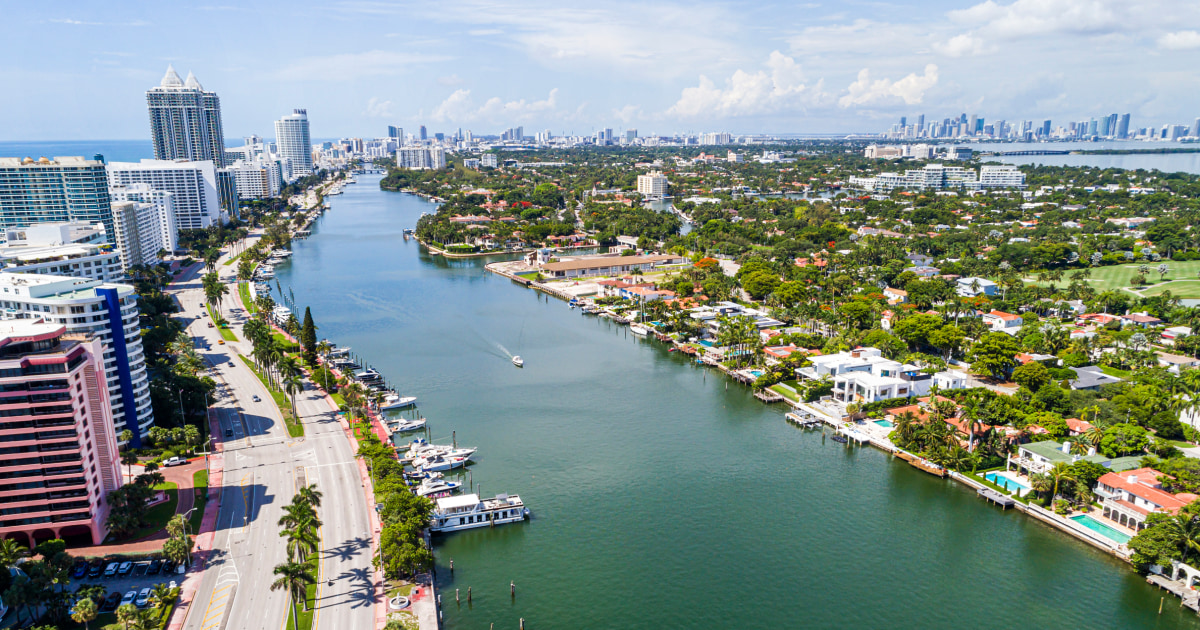
Florida’s Miami Beach adopted an ordinance Wednesday banning race-based hair discrimination in housing, employment and access to public services and facilities.
The Miami Beach City Commission voted unanimously to prohibit discriminatory practices “based on the texture or style of a person’s hair,” the city said in a news release Wednesday.
“The new ordinance applies in cases where hair is commonly associated with a particular race or national origin, such as Black communities,” it said.
“It’s unacceptable in 2022 that Black Americans and other minorities still face discrimination based on something so trivial as whether or not they have textured or curly hair,” Miami Beach Vice Mayor Alex Fernandez said in a statement. “This serves to protect cultural identity and not have to worry about sacrificing who you are in Miami Beach.”
The city’s human rights ordinance had already prohibited discrimination based on a number of characteristics, including weight and height. However, those protections will now be expanded to include hair texture and styles.
“Race-based hair discrimination stems from a perception that straight hair is clean, neat and professional while the opposite belief applies to textured or curly hair types,” Alan Fishman, who chairs the city’s Human Rights Committee, said in a statement. “In reality, this is just another way to discriminate based on racial stereotypes.”
It was not immediately clear what penalties those found to have violated the ordinance could face. Miami Beach City did not immediately respond to an overnight request for comment.
It was also not clear whether the push for the new ordinance was prompted by any specific incident.
In March, the U.S. House passed the Crown Act, which seeks to ban hair-related discrimination. The measure, H.R. 2116, which was introduced by Rep. Bonnie Watson Coleman, D-N.J., passed in a vote of 235-189 along party lines.
The Crown Act states that “routinely, people of African descent are deprived of educational and employment opportunities” for wearing their hair in natural or protective hairstyles such as locs, cornrows, twists, braids, Bantu knots, or Afros. The act has been introduced in the Senate, where it is awaiting passage.
There have been a number of high profile cases in recent years representing what civil rights advocates have warned is a growing problem of discrimination against African-Americans, including adults and children at school.
In one such case, a high school wrestler was forced to decide between cutting his hair or forfeiting a wrestling match in New Jersey. In another, a New Orleans-area girl was sent home from a Catholic school at the start of a new school year for wearing braids.
Janelle Griffith contributed.
Source: | This article originally belongs to Nbcnews.com










